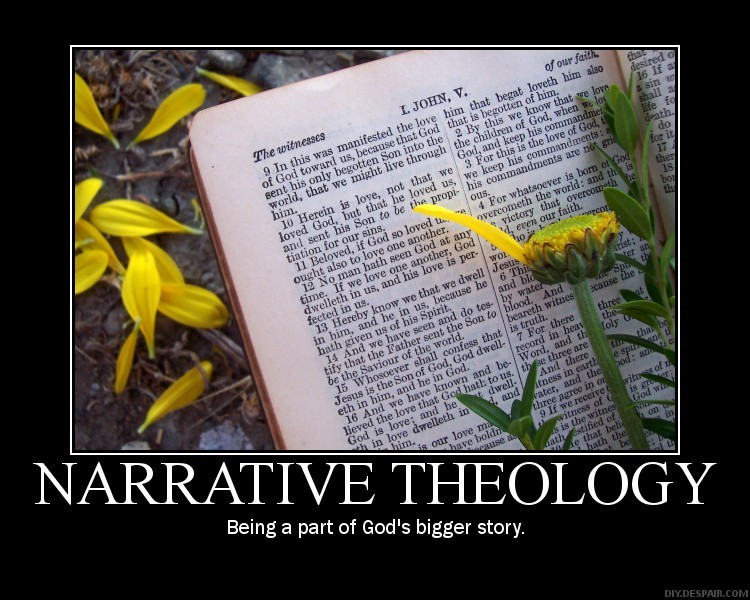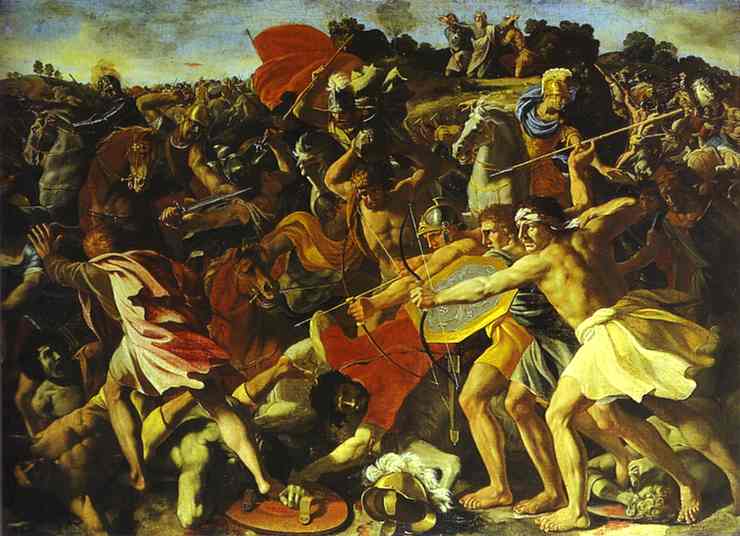Last updated on April 8, 2014
I don’t know why I am talking about this, but I feel it’s important to state this outright:
Nothing in the world actually “means” anything. “Meaning”is the result of a human construct designed to implant a message behind the organization of the universe, how things occur, what is in the media we consume, and otherwise.
Why is this the case? Let us look at common definitions of meaning, and see how we came to this particular conclusion.
The common definition imply that meaning equals something that is conveyed or signified, in terms of sense or significance. It could also be something that one wishes to convey, especially by language, as in this very article. Another definition states that meaning consists of an interpreted goal, intent, or end. Lastly, as a noun, we use meaning to convey that something or other offers an inner significance. As an adjective, “meaning” retains similar connotations. When we say something has “meaning”, we state that it is expressive of a particular idea or concept. We also might say that describing something in terms of “meaning” connotes that it is disposed or intended in a specified manner, often used in combining multiple things.
Meaning, pun incoming, retains lots of different meanings. In our current paradigm, we use this in every waking moment of life. Everything becomes pregnant with meaning, from the smallest little detail of a person’s discussion topics and facial gestures to the construction of society. Nothing is what it is, straightforwardly and without any hidden veil disguising its true form; everything keeps some mystical detail from us, eager for exploration.
I could attribute it to modern psychology, specifically Freud, but I don’t think this is the culprit. Rather, I believe Christianity did this to us all, albeit unintentionally. You see, narrative theology became the “go-to” idea for the last hundred years. This tells us more than we think about how we conceive theology. We all tend to think of this religious tradition as a story, that God set a plan in motion from the beginning of the world. Some call it the Scarlet Thread, and others call it His Story, the tale of mankind’s redemption. Either way the salvation of humanity looks, tastes, smells, and feels quite like a story.
We attribute this primarily to the Bible. Over time, we crafted a linear narrative line from Genesis to Revelation, all without skipping a beat. How do you convey Christianity to other people for the purpose of evangelizing? Well, you tell them of this great story of a guy who died on a cross and rose from the dead three days later! Then, you regale them with the tale of mankind’s sinfulness, how it progressed through a huge narrative of ups and downs, planning and failure, God’s love and God’s wrath. Somehow, it all came down to God’s love.
Furthermore, human cultures throughout time told stories and carried down these tales through the process of oral tradition. Generations, without the benefit of writing or any modern convenience, memorized these tales down to the letter, refusing to embellish or change anything for the purpose of conveying these tales. The grand metaphysical structures of the world comes down to an easily digestible, bite-size story that, regardless of its length or size, works for anyone willing to listen. We like to tell stories; they’re fun, after all, and maybe you might learn something in the process.
In other words, stories themselves “mean” something. Perhaps this is not in the author’s intent, but certainly the reader learns something about us. Here’s the kicker, though: as much as we can learn something from tales and narratives, that doesn’t mean we actually reside in one. Narrative theology, let us say bluntly, merely exists as a tool to make the incomprehensible comprehensible. That tells us exactly why people tell such stories in the first place: as a tool to make you think about something in a different way.
However, when we start to look at our own lives as a story, as a narrative in itself and not merely a part of the whole, we tend towards the winding path rather than the straight and narrow. We all find ourselves guilty of this to some degree; as we only know ourselves best, we view everyone and everything else as a contribution to that central narrative. We see stories and tales, and we take the story part while leaving the meaning out. We look for the tiny details and view our lives as a literary narrative in the Western tradition when our lives don’t work out that way! Narrative provides us an effective metaphor for understanding Scripture, but it isn’t a 1:1 ratio in explanatory power.
If this were the case, wouldn’t you expect each individual story to contain a plot archetype? A way of progressing the plot? Particular motions? We could invoke the Holy Spirit and see him as the playwright of the story, and the Church as the players, but that appears a trite simplification, doesn’t it? Some children die at childbirth, perhaps even from abortion – what is their story? To die? That’s not a story arch. What about 1 Samuel 15:
Then Samuel said to Saul, “The Lord sent me to anoint you as king over His people, over Israel; now therefore, listen to the words of the Lord. 2 Thus says the Lord of hosts, ‘I will punish Amalek for what he did to Israel, how he set himself against him on the way while he was coming up from Egypt. 3 Now go and strike Amalek and utterly destroy all that he has, and do not spare him; but put to death both man and woman, child and infant, ox and sheep, camel and donkey.’”
4 Then Saul summoned the people and numbered them in Telaim, 200,000 foot soldiers and 10,000 men of Judah.5 Saul came to the city of Amalek and set an ambush in the valley. 6 Saul said to the Kenites, “Go, depart, go down from among the Amalekites, so that I do not destroy you with them; for you showed kindness to all the sons of Israel when they came up from Egypt.” So the Kenites departed from among the Amalekites. 7 So Saul defeated the Amalekites, from Havilah as you go to Shur, which is east of Egypt. 8 He captured Agag the king of the Amalekites alive, and utterly destroyed all the people with the edge of the sword. 9 But Saul and the people spared Agag and the best of the sheep, the oxen, the fatlings, the lambs, and all that was good, and were not willing to destroy them utterly; but everything despised and worthless, that they utterly destroyed.
So the Amalekites in this scenario only exist for the purpose of the story? God doesn’t care about those people at all? Is this what you mean when you see life as a story? Of course not! But that line of thought implies this line of thought by default. The same goes for most metaphors involving human life and Scriptural truths – we cannot reduce them to easily understood metaphors and allegories without somehow self-selecting what appears important and what does not to us personally. Everyone finds themselves prone to this, and the author here is not without fault in that regard.
What, then, do I propose as a remedy? Well, nothing. And that’s not a very good answer, but Christianity does not provide a great answer for everything – just the essentials. It’s not like you need the specifics of salvation to personally experience it. These metaphors may help, and I do not feel any ill will towards them, but they do not constitute the thing in itself. Nor does everything suddenly become “meaningful” simply by wishing it into exist. Rather, place your trust in Christ and the world will make sense, I assure you. Perhaps it will not arrive in the same vehicle as modern culture, or by a truncated version of “meaning” placed onto it, but you know it when you know it.
13 Now may the God of hope fill you with all joy and peace in believing, so that you will abound in hope by the power of the Holy Spirit.
Romans 15


